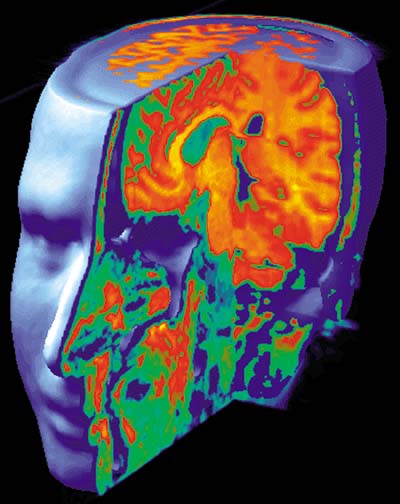Comfort Food, Obesity and Severe Brain Degeneration
/From a woman who genuinely cares about your health and your sex life, let’s have a sit down here.
I asked in a recent post ‘Can McDonald’s Make You Stupid?”
 Now that was a below-the-belt swideswipe. I admit that I’m jumping up and down, trying to get your attention, even at the risk of annoying you.
Now that was a below-the-belt swideswipe. I admit that I’m jumping up and down, trying to get your attention, even at the risk of annoying you.
Not only am I passionate about good sex, I’m passionate about good health. The two are not mutually exclusive, especially when sexy food carries so many great health benefits.
Even I didn’t know that today’s research news was marking towards your computer screen.
I thought the American Heart Association saying that we must get off our sugar addiction was big news. However will we get American women consuming only six teaspoons of sugar a day! Right guys, you get eight. Call it one can of soda and no more sugar anywhere.
Sugar is not the big news of the day.
Brain Scan Blues
Brain scans are the big news, and if these results don’t get us on a serious diet and in the gym (no matter what the damn cover of Time said two weeks ago about exercise), I don’t know what will get our attention.
A new brain-imaging study by researchers at UCLA and the University of Pittsburg finds that the brains of overweight and obese subjects were on average 4% and 8% smaller, respectively, than the brains of those who were at a healthy weight—evidence, according to UCLA neurology professor and study author Paul Thompson, of “severe brain degeneration.”
My headline “Can MacDonalds make you stupid” was unfortunately right on target. As a trendmeister, I’d rather be wrong on this one.
The news isn’t good for overweight people — those with a BMI over 25 — or for obese people, those with a BMI over 30.
If one is obese, the news is particularly bad. Not only does one’s brain shrink, but the damage occurs in the frontal temporal lobes, the seat of higher-order reasoning and judgement; the anterior cingulate gyrus, key to attention and decision-making as well; the hippocampus, where long-term memories are processed, and the basal ganglia, from which smooth movement is initiated.
 via dailygalaxy.comOverweight people—those with a BMI over 25—also had shrinkage in the basal ganglia, as well asin the parietal lobe, where we integrate sensory input and position ourselves in space, and in the brain’s white matter, whichhelps speed messagesamong regions of the brain that must work together for us to function properly.
via dailygalaxy.comOverweight people—those with a BMI over 25—also had shrinkage in the basal ganglia, as well asin the parietal lobe, where we integrate sensory input and position ourselves in space, and in the brain’s white matter, whichhelps speed messagesamong regions of the brain that must work together for us to function properly.
Do not leave me now if you fall into the above categories. You owe it to yourself to continue on. I’ve been there myself, trust me. For a good 10 years of my life, my BMI was 30-32. I’m not one of those skinny, size 2 New York women. I’m an eight and my BMI is about 23-24, with lots of muscle.
This new research demands our attention. After weighing and measuring 94 brains, researchers concluded that even though there were no visible signs of deterioration among subjects, the brains of overweight people appeared eight years older, and the brains of obese people 16 years older than actual age.
Without a doubt, these brain scans established a positive correlation between weight and degenerative brain disease and Alzheimer’s.
Why? Because a robust brain under attack from the challenges of disease fights back. All systems are functioning and not clogged up and operating in slower motion.
Painful as it is to read, this brain scan research makes total sense to me. When we’re overweight and not exercising, we’re a ticking time bomb. I don’t know about you, what scares the heck out of me is losing my mind, as I age.
 What happens when pepperoni pizza meets up with our brain cells?Let’s leave things here for the moment. I’m sure there will lots to say about this critical new research. Perhaps for once, though, we should believe what we’re reading, believe the brain scans, and consider that while we feel fine today, our brains are dying a slow, premature death, based on bad eating habits.
What happens when pepperoni pizza meets up with our brain cells?Let’s leave things here for the moment. I’m sure there will lots to say about this critical new research. Perhaps for once, though, we should believe what we’re reading, believe the brain scans, and consider that while we feel fine today, our brains are dying a slow, premature death, based on bad eating habits.
I hope that brains of obese young people are scanned next. We already know that their life span is at risk. Experts predict a life span decrease among the younger generation, based on obesity and no exercise trends. What about their thinking faculties?
The health risks of obesity have been known for some time now. But this new research changes the diet debate landscape in my opinion. We truly must get serious here. Anne via Science Daily































